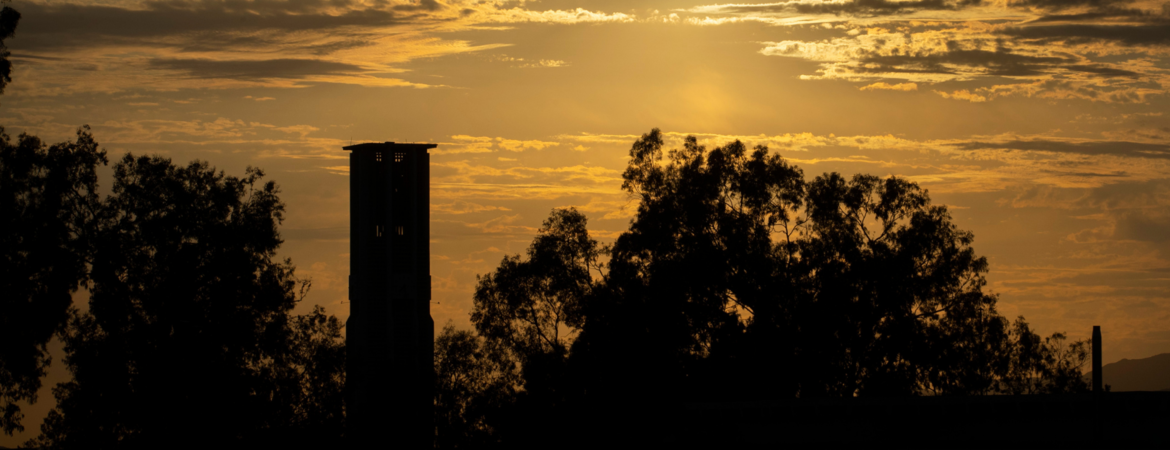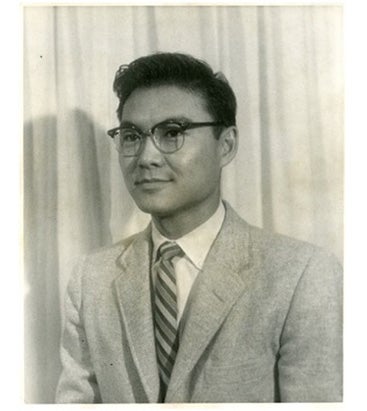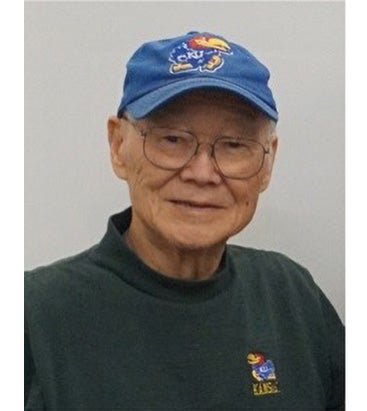
Donate to the Kuwana-Sawyer Undergraduate Award in Analytical Chemistry

Dr. Ted Kuwana, 90, of Seattle, WA, died at University of Washington Northwest Hospital after several weeks of pneumonia. He was the founding father of a new field in chemistry called spectroelectrochemistry, which was created by combining two well-known analytical techniques of electrochemistry and spectroscopy. He was first author on the first published article in this field in 1964, which describes the use of tin oxide-coated glass surfaces (optically transparent electrodes) for following the absorbance changes of different electroactive species during electrolysis.
He was a chemistry professor at University of California, Riverside (UCR), Case Institute of Technology (later Case Western Reserve in Ohio), Ohio State University, and a Regents Distinguished Professor of Pharmaceutical Chemistry and Chemistry at the University of Kansas (KU). He authored more than 200 journal articles from 1956–2015, edited a three-volume book Physical Methods in Modern Chemical Analysis, and held three patents. He trained 72 graduate students and leaves an impressive academic legacy, with many former students in leadership positions at universities, in government, and in industry. He often said, “I’m not teaching chemistry, I’m teaching students how to think.”
Ted was born in Idaho Falls on a potato farm to Japanese immigrant (Issei) parents Nenokichi and Yoshino. The family leased the land, as it was illegal for them to own land. Ted was the youngest of six children (Todd, Mas, Mits, Jessie, and Aiko), all who predeceased him. His father died when Ted was 10 and his mother died when he was 12; his older brothers took over the farm work and his sisters helped look after Ted. His mother’s dying wish was for Ted to go to college.
He had no money for college, but found Antioch College in Ohio, which offered a work-study program. He was fortunate to do chemistry research with Dr. Rick Yalman; Ted was paid for his lab work, and authored a published paper as an undergrad. He earned his B.S. in 1954, then his M.S. at Cornell. He didn’t realize that the scholarship he was offered at Cornell had to pay for everything, and ended up with $5 left each month for food. He then went to KU and was Dr. Ralph Adams’ first Ph.D. student. Ted earned his Ph.D. in 1959 studying electrochemical properties of carbon paste electrodes. He often quoted Ralph, who said, “If you love what you do, the rewards will take care of themselves.”
After postdoctoral training at California Institute of Technology, he went to University of California, Riverside as a Visiting Assistant Professor in 1960, which is where he met Jane Bader, who would become his wife and editor of everything he (and his lab) wrote. It can’t be overstated how important her assistance was with his career, as she understood the chemistry and was a talented writer and editor. During his five years at UCR, he loved to drive around in his red Volvo P1800 sports car, and even in his late 80s when he went back to the Los Angeles area, he still knew all the roads and how to get most quickly from one place to another.
In the latter years of his career at KU (1985-2002), he focused on electroanalytical, bioanalytical, and pharmaceutical chemistry, and was proud to be back at his alma mater tasked with promoting research and economic development statewide. He was director of the Center for Bioanalytical Research (1985-1989) and head of the state’s Established Program to Stimulate Competitive Research (EPSCoR) to promote scientific progress in states that traditionally receive lower amounts of federal R&D funding.
Ted was the recipient of numerous awards for his extensive achievements in developing the fields of spectroelectrochemistry, bioelectroanalytical chemistry and chemically modified electrodes. Awards include the American Chemical Society Division of Analytical Chemistry’s J. Calvin Giddings Award for Excellence in Education (2004); EPSCoR Foundation Lifetime Achievement Award (2002); American Chemical Society Division of Analytical Chemistry Award in Electrochemistry (1995); The Japan Society for Analytical Chemistry Honorary Membership and Medal (1991); and the Society of Electroanalytical Chemists C.N. Reilly Award (1989).
One part of Ted's legacy are educational resources, including the Analytical Sciences Digital Library established in 2002, for which he was the managing director. Even after he retired in 2002, he was key in the development and management of this NSF-funded free online resource about chemical measurement and instrumentation. He was active in addressing the issue of how to teach more effectively and led efforts to create problem-based learning modules. He conducted summer teaching sessions for faculty at smaller undergrad institutions.
In the words of Alex Scheeline, Professor Emeritus, University of Illinois at Urbana-Champaign, “Ted was someone of vast perspective, practical insight, understated enthusiasm, and high standards. Not to mention his excellent taste in restaurants. Ted is a man of impeccable integrity, a dedicated analytical electrochemist, and a savant who saw how to harness the internet to improve analytical education in a practical way that anticipated the needs of the COVID era by 20 years.”
Ted is survived by his wife Jane; son Eric Kuwana, a lawyer who divides his time between Gibson Island, MD, and New York City; and daughter Ellen Kuwana, a scientific writer and editor who lives in Seattle, WA. Ted and Jane have four granddaughters: Claire Kuwana, a senior at Northwestern University; Camille Kuwana, a sophomore at University of Chicago; Mikka Hoffman, a senior at UCLA; and Kira Hoffman, a first-year student at UC Berkeley.
Donations in Ted’s honor can be made to the Kuwana–Sawyer Undergraduate Award in Analytical Chemistry to help UC Riverside undergraduate students conducting research in analytical chemistry, with preference to those studying electrochemistry.
Donate to the Kuwana-Sawyer Undergraduate Award in Analytical Chemistry
